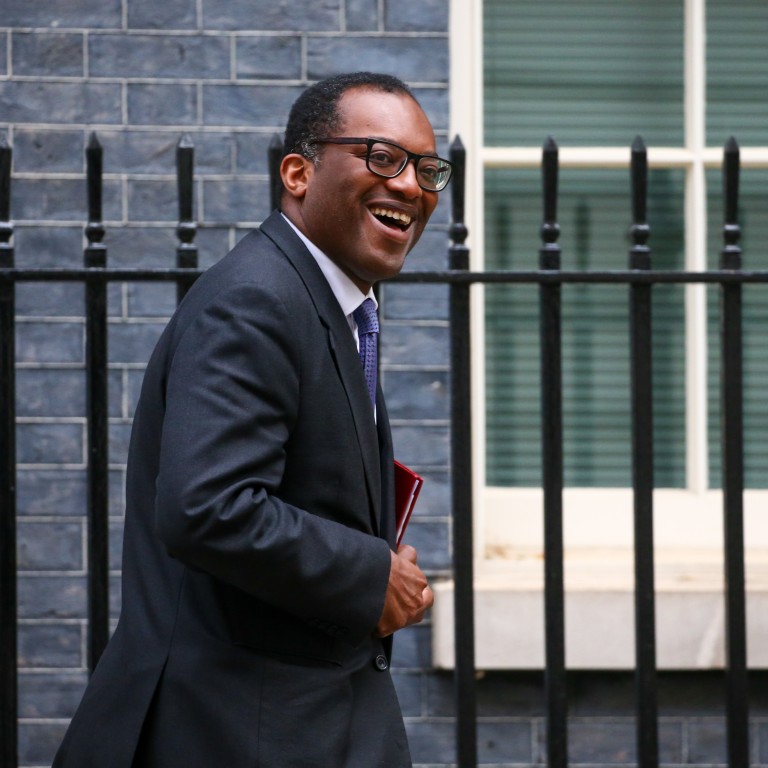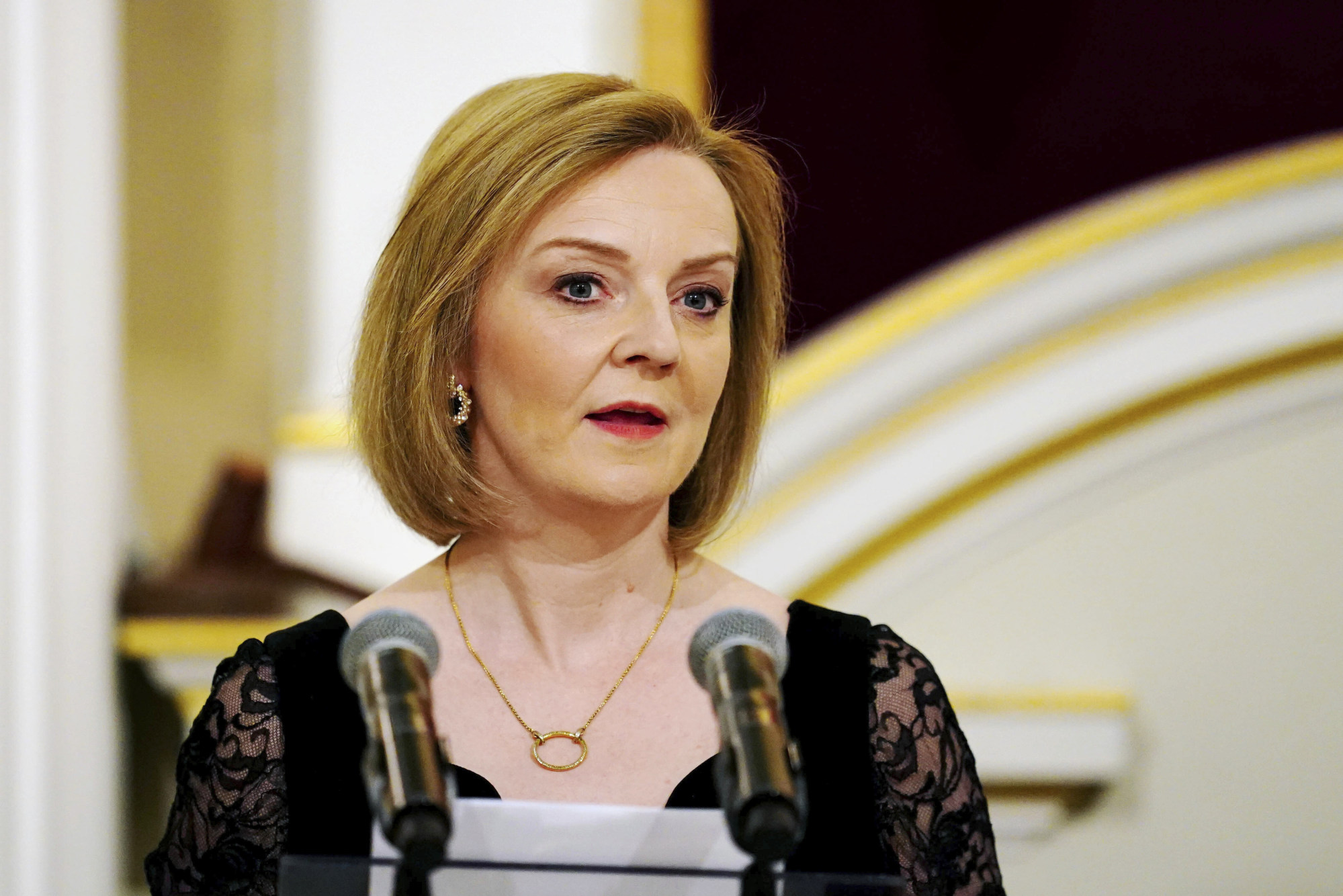
UK to scrap US$16 million in foreign aid to China
- Britain’s overseas development spending in China represented a small fraction of its US$14 billion in foreign aid in 2021
- Money can be put to better use in other countries, UK Business Secretary Kwasi Kwarteng said
The British government sent about £13 million (US$16 million) in overseas development assistance (ODA) to China last year, a small fraction of the £11.5 billion (US$14 billion) it spent in 2021, according to British business secretary Kwasi Kwarteng. The UK sent £1.07 billion to Asia-specific programmes and nations last year.
However, Britain would no longer use ODA funding for such research efforts after the end of this financial year, Freeman said.
The move comes just days after Foreign Secretary Liz Truss outlined a new international development strategy, in which the UK would use its aid and investment to “challenge dependency on malign actors” to offer alternatives for developing countries.

Truss did not specifically mention China at the time, but the announcement appeared to be a rebuke to China’s Belt and Road Initiative.
It was the latest in a series of hawkish comments by Truss about China in recent months.
In a speech at Mansion House in April, Truss warned that Beijing must “play by the rules” or face consequences, such as the international sanctions that have stifled Russia’s economy since its invasion of Ukraine in late February.
Britain’s NHS ‘overreliant’ on China for medical supplies, report says
“China needs trade with the G7. We represent half of the global economy. And we have choices,” she added. “We have shown with Russia the kind of choices we’re prepared to make when international rules are violated. And we’ve shown that we’re prepared to prioritise security and respect for sovereignty over short-term economic gain.”

